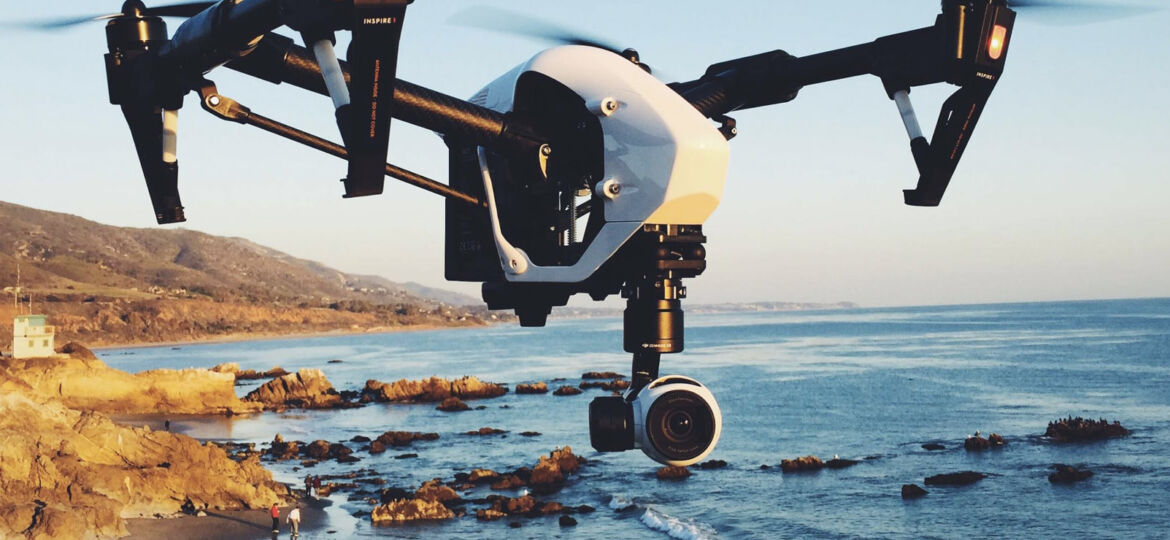
WHY THIS MATTERS IN BRIEF
The worlds first AI produced short film is a portent of things to come.
Earlier this year I wrote a thought article showcasing how emerging technology will change how entertainment is produced, distributed and consumed and here I am, just months later, writing another article about how a company has just taken the first difficult step in the long road to create the worlds first AI produced movie. While the quality of the experimental short film is questionable it sets a precedent and where Saatchi’s team have led others will follow.
At this years 26th annual Cannes Lions International Festival an audience was shown a series of short films in the New Directors Showcase which highlights emerging talent. What the audience didn’t know, however, was that one of the entries, from advertising firm Saatchi & Saatchi, was directed – and even crewed by AI’s, not humans.
The agency challenged viewers by asking, “Can a film made by machines move you?”
Saatchi’s Los Angeles based shop “Team One” and Zoic Labs put together a different kind of “film crew” comprising AI programs that included IBM’s Watson tone analyser API, Microsoft’s Ms_Rinna, Affectiva’s facial recognition software, an EEG and a custom neural art program. Together, under the pseudonym of “Anni Mathison” they produced the film “Eclipse”, a striking, ethereal music video that looked like a combination of special effects, photography and livemaction. But Saatchi didn’t reveal this as the AI entry until the very end. The AI director’s surname is actually the middle name of Alan Turing – the scientist widely credited as the “father” of artificial intelligence and whose his birthday coincided with the day of this year’s event.
What is remarkable about the film isn’t the production values – it’s actually rather dull, but the fact that AI was involved in every stage of the film making process.
All the computer had been given, said Saatchi and Saatchi director of film and content Andy Gulliman, was the sound track.
“We then relied on the machine to hire the actors, give us a script and then a treatment,” he said.
The casting and actor selection was managed by an EEG program, a program that examines the Electrocephalogram (EEG) data from the actor’s brains. It then whittled thirty hopefuls down to just a handful by matching their cognitive moods and “skill sets” to the emotions in the song and singer that the program had detected earlier.
After the first pass treatment another AI took over and, using drones that were all connected to the AI Director “Spielberg” it directed the shooting of the promo drawing on different AI crew members Watson and Ms Rinna, for input. Once everything was in the metaphoric can the neural art AI took over to decide where the cuts should be made according to the beat of the music and its emotional content.
Not everything was left to the AI though, Saatchi’s Team One halso had a view on the casting but as luck – or perhaps fate would have it, they chose the same actors as the EEG AI.
Mr Gulliman, who has produced many glossy adverts shot in locations around the world, found this quite a hands-off experience.
“As producer, my responsibility is to crew up and find the right people to deliver a script I have on my desk,” he said.
“With this, it’s a case of sitting back and watching the machine take responsibility, it was surreal.”
All of this brings us to the key question – if an AI can direct, is it an artist? And it seems, for now at least, that the band involved in the project thinks not because the electro-pop group involved, who don’t want to be named, have refused to allow Saatchi and Saatchi to release the video for the public to see.
Even Mr Gulliman admits that the thing missing from the AI’s work is what he calls the “happy accidents” of the creative process. But he sees human directors increasingly working alongside machines as the technology develops.
What strikes me with every new advance in artificial intelligence is how blasé we humans have become about some extraordinary achievements.
It’s unlikely that Eclipse will win any awards for creative film making, and its director won’t be snapped up to make a Hollywood blockbuster but AI is advancing every day – and a decade from now, actors, who themselves are prime to be replaced by a mixture of new emerging technologies that include AI, Natural Language Processing and Photo Realistic Rendering may find it’s an AI, not Spielberg calling the shots.
















